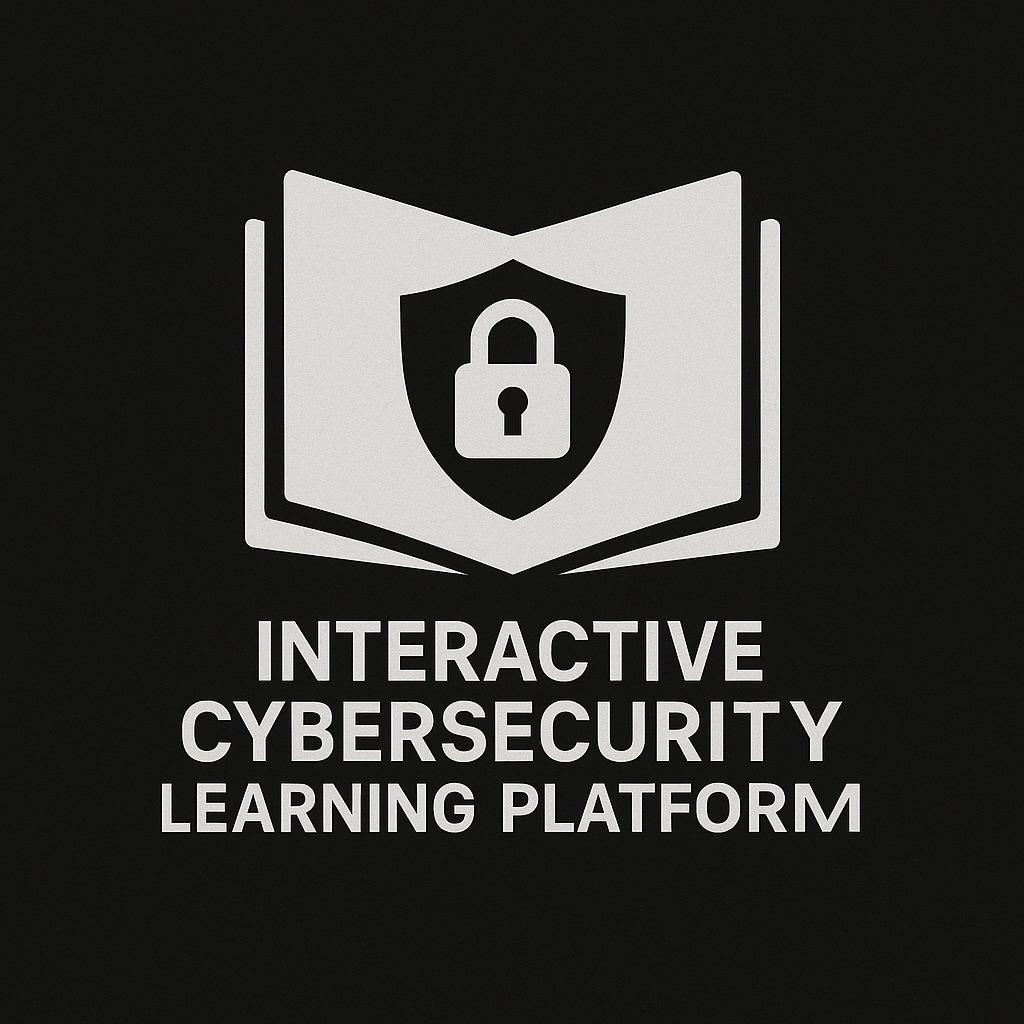Professional certifications and technical skills that complement my academic qualifications and research
experience.
Google Cybersecurity Professional Certificate
Google (via Coursera)
Comprehensive cybersecurity program covering security fundamentals, tools, and practical skills
needed for entry-level cybersecurity roles.
Completed: April 17, 2025
Verify Certificate
Foundations of Cybersecurity
Google (via Coursera)
Mastery of cybersecurity fundamentals, security frameworks, and core security concepts.
Completed: April 17, 2025
Verify
Certificate
Play It Safe: Manage Security Risks
Google (via Coursera)
Skills in security risk assessment, management, and mitigation strategies.
Completed: April 17, 2025
Verify
Certificate
Connect and Protect: Networks and Network Security
Google (via Coursera)
Expertise in network architecture, protocols, and securing network infrastructure.
Completed: April 17, 2025
Verify
Certificate
Tools of the Trade: Linux and SQL
Google (via Coursera)
Proficiency in Linux operating system and SQL database security techniques.
Completed: April 17, 2025
Verify
Certificate
Assets, Threats, and Vulnerabilities
Google (via Coursera)
Knowledge in identifying critical assets, recognizing threats, and remediating vulnerabilities.
Completed: April 17, 2025
Verify
Certificate
Sound the Alarm: Detection and Response
Google (via Coursera)
Skills in security incident detection, analysis, and effective response procedures.
Completed: April 17, 2025
Verify
Certificate
Automate Cybersecurity Tasks with Python
Google (via Coursera)
Proficiency in developing Python scripts for security automation and analysis.
Completed: April 17, 2025
Verify
Certificate
Put It to Work: Prepare for Cybersecurity Jobs
Google (via Coursera)
Career preparation for cybersecurity industry including job search strategies and professional
development.
Completed: April 17, 2025
Verify
Certificate
Programming Languages
Technical Skills
Proficient in Python, C++, C#, C, SQL, and other languages for security application development and
analysis.
Security Tools
Technical Skills
Experience with Wireshark, Metasploit, Nmap, Burp Suite, SIEM solutions, and other cybersecurity
tools.
Systems & Networks
Technical Skills
Proficient in Windows, Linux, Kali Linux, virtualization, cloud security, and network
architecture.
